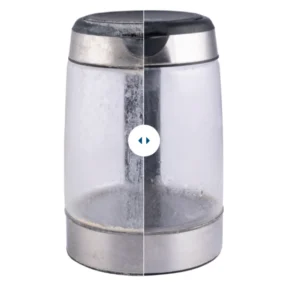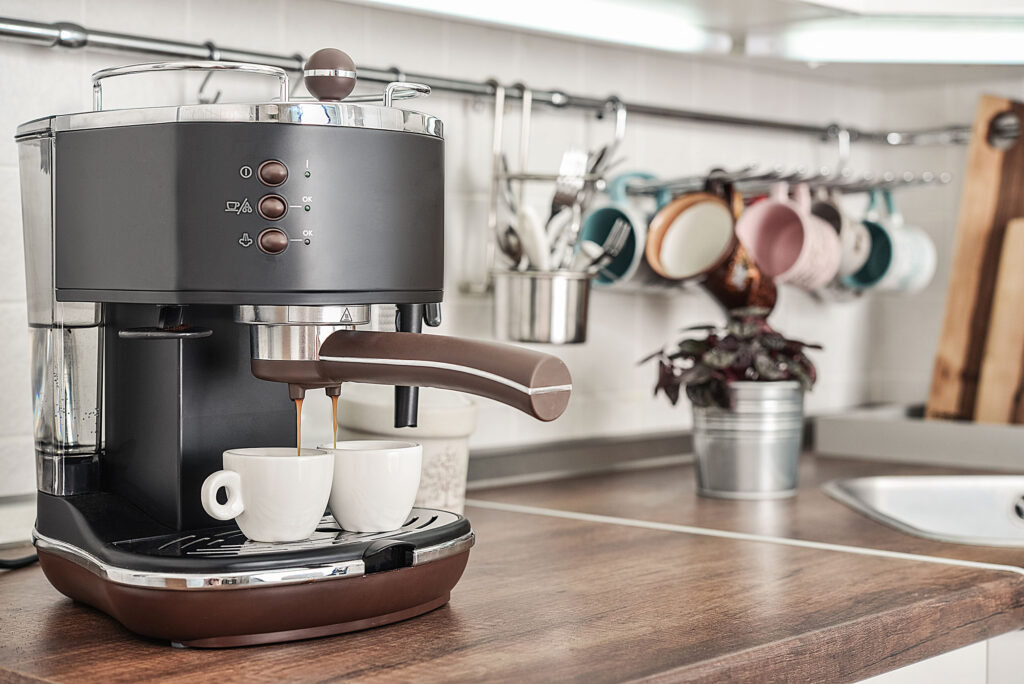
How to Remove Limescale from your Kettle
22 March 2024
View PostPosted on 11 September 2021 3 min read
Coffee makers and coffee machines need to be descaled periodically to remove mineral deposits from the water which can affect brewing times and taste. This not only means you will achieve better tasting coffee, but also extends the life of your machine. The hardness or softness of the water coming out of your tap depends on the water supply where you live.

If you’re wondering why your coffee machine is not working properly, the likeliest culprit is a build-up of limescale in the chambers and pipes. Filling up your coffee machine with tap water is fine in some areas, but if you live in a hard water area – which affects 13 million homes in the UK, particularly in the South and East of England, including London – there are higher levels of calcium and magnesium in the water which cause a buildup of limescale. To help beat this issue, regularly descale your coffee machine, ideally once a month, or alternatively, purchase a water softener which prevents limescale buildup in the first place.
The first option when it comes to descaling your coffee machine is to use natural ingredients, such as vinegar. Begin by emptying and rinsing your coffee machine. Next, fill the water chamber with equal parts vinegar and water and start a brew cycle. Halfway through, turn it off and let it sit for one hour before finishing the cycle. Then, pour out the vinegar and water solution, rinse the water chamber in the sink and fill it up with clean water for another full cycle. Afterwards, let the machine cool down slightly and then repeat the process two more times to get rid of any residual vinegar taste.
The second option for descaling your coffee machine is to use a chemical descaler. The cleaning process is almost exactly the same – simply switch out the vinegar for the descaling solution and follow the directions on the packet or bottle and then, voila, you have a clean espresso machine. If you decide to use a chemical descaler, make sure it will work for your coffee machine and that the ingredients are 100% natural.

The truth is that the descaling process is the same no matter which product you use. The benefits of using vinegar is that it is readily available and more affordable than a descaler, but you may run into problems with warranty claims from the manufacturer if you opt for this home remedy. A chemical descaler, on the other hand, is specifically formulated for descaling coffee machines and will keep your appliance running reliably, but it’s important to check it will work with your machine. The permanent option that also impacts the rest of your home including big appliances, surfaces and shower heads, is to use a water softener. Softeners remove the minerals in water which causes the limescale to build up, meaning you won’t need to descale your coffee machine as often.
Click to book a no-obligation demonstration where a soft water expert will talk you through your water quality, explain how a softener works, and give you a tailored quote for your home.